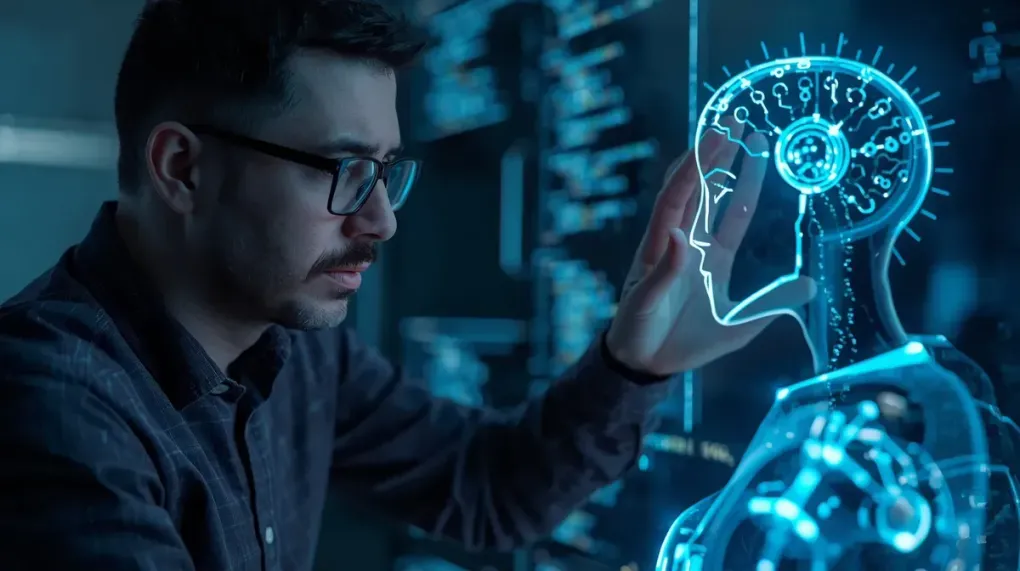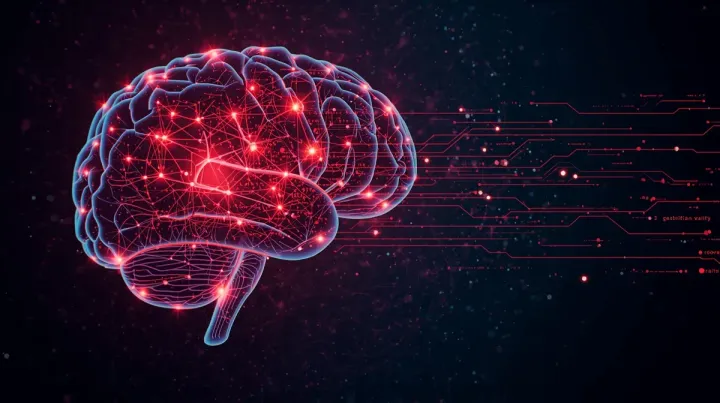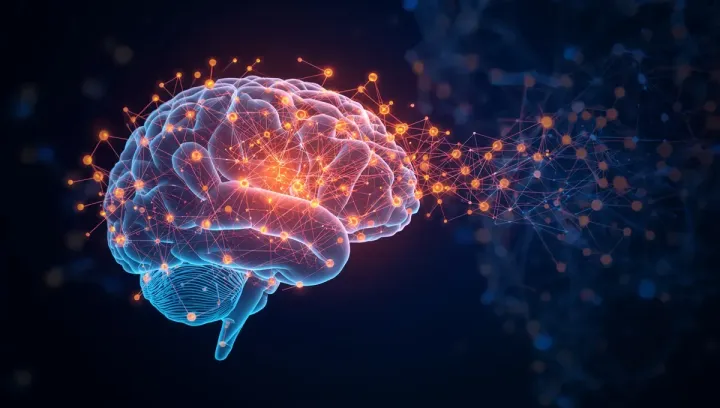
Vibe Coding: Senior Devs as AI Babysitters – A Worthwhile Shift?
The Shifting Sands of Software Development
The landscape of software development is undergoing a profound transformation, largely driven by the rapid advancements in artificial intelligence. What was once the exclusive domain of human ingenuity and meticulous coding is now increasingly augmented, and in some cases, spearheaded by AI tools. This shift has given rise to a new, somewhat unexpected, role for seasoned professionals: the ‘AI babysitter.‘
The ‘AI Babysitter’: A New Role Emerges
This term, while perhaps a bit tongue-in-cheek, accurately captures the essence of the new responsibilities many senior developers are embracing. Instead of writing every line of code from scratch, they are now tasked with overseeing, guiding, and refining the output of AI-powered coding assistants. It’s a role that demands a different set of skills – less about raw coding speed and more about architectural understanding, critical evaluation, and strategic direction.
Initially, the idea of ‘babysitting’ an AI might sound like a demotion, a step away from the creative and challenging aspects of development. However, many senior developers are finding this new paradigm to be surprisingly rewarding. The AI handles the more repetitive, boilerplate tasks, freeing up human developers to focus on higher-level problem-solving, innovative design, and complex system integration. This allows for a more efficient workflow and, crucially, a greater emphasis on the ‘why’ rather than just the ‘how.‘
Beyond Productivity: The Benefits of AI Mentorship
The benefits extend beyond individual productivity. With AI handling the initial drafts and mundane coding, teams can accelerate development cycles, experiment with more ideas, and deliver solutions faster. Senior developers, acting as AI mentors, ensure that the AI-generated code aligns with project standards, security protocols, and overall architectural vision. They become the guardians of quality and coherence in an increasingly automated environment.
Navigating the Challenges and Ethical Landscape
Of course, this transition isn’t without its challenges. There’s a learning curve involved in effectively interacting with AI coding tools, understanding their limitations, and knowing when to intervene. The risk of introducing subtle bugs or inefficiencies through AI-generated code also necessitates a vigilant and experienced eye. Moreover, the ethical implications of relying heavily on AI for critical systems are still being explored.
The Future of Development: Augmented Human Expertise
Despite these hurdles, the consensus among many in the industry is that ‘vibe coding’ – the art of guiding AI to produce desired outcomes – is a worthwhile evolution. It redefines the value of human expertise, shifting it from rote execution to strategic oversight and creative leadership. As AI continues to mature, the role of the ‘AI babysitter’ will likely become even more sophisticated, demanding a blend of technical prowess, critical thinking, and an adaptive mindset. The future of development isn’t about replacing humans with AI, but about augmenting human capabilities and elevating the craft of software engineering to new heights.


